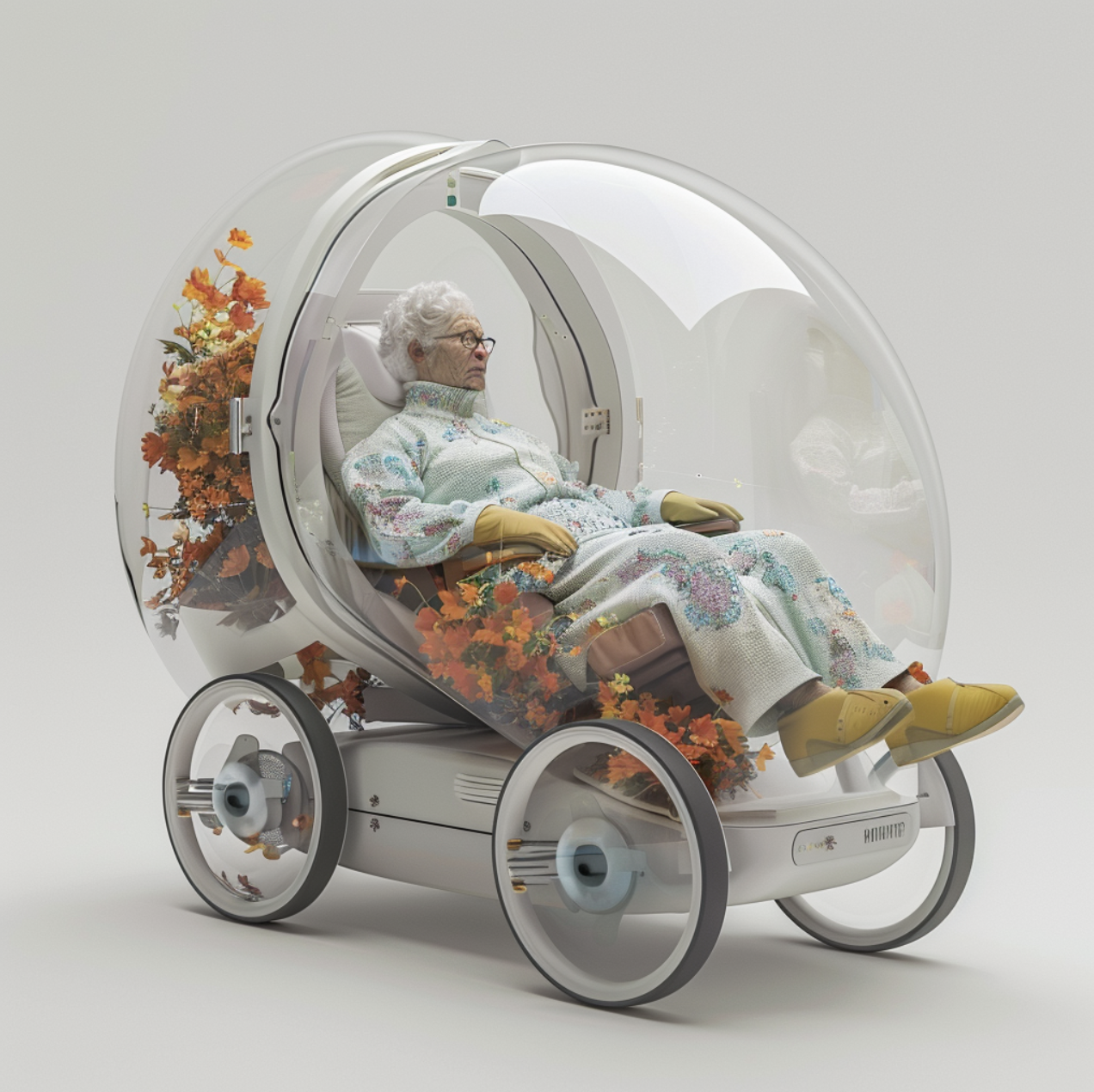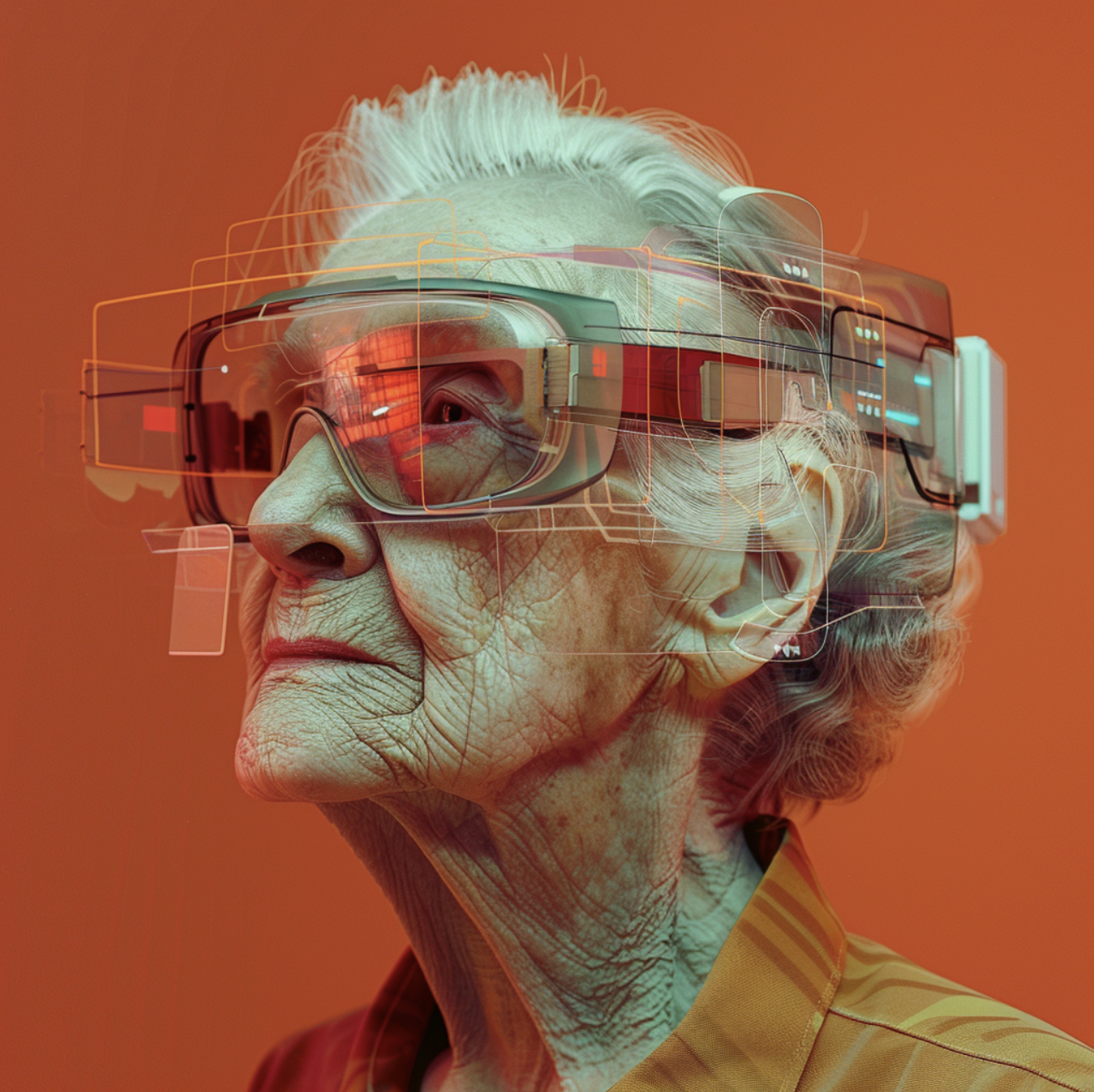Materialised Foresight
Speculative Design Prototypes as Catalysts for Frame Shifts and Consensus on Ageing Futures in Corporate C-Suites
In this dissertation, the potential of speculative design prototypes to act as catalysts for perceptual and cognitive reframing in executive decision-making is explored. Drawing on the tradition of Constructive Design Research, tangible future artifacts are created and deployed within participatory foresight settings - so-called Futures Labs - to investigate how abstract scenarios on ageing societies can be translated into experiential stimuli. Through these artifacts, latent frames, assumptions, and value tensions are surfaced, enabling structured reflection and the negotiation of future-oriented strategic positions.
The empirical focus is placed on the domain of health and insurance, where demographic ageing presents complex systemic challenges. Within this context, it is examined how consensus among C-suite stakeholders can be fostered - both in terms of shared understanding (sensemaking) and coordinated commitment (commitment consensus) - through design-led interventions. A mixed-method design is applied, combining pre- and post-lab interviews, structured questionnaires, concept mapping, and artifact analysis. This is complemented by qualitative coding techniques to trace cognitive and perceptual shifts in how participants frame and negotiate ageing futures.
The study contributes to design and futures research by theorising how materialised speculative artifacts can not only make futures more discussable, but also enable the strategic reconfiguration of organisational worldviews and decision rationales.
Doctoral student:
Patrick Wilhelm
First supervisor:
Prof. Dr. Florian Sametinger , University of Arts Linz
Second supervisor:
Dr. Francis Müller, Zurich University of the Arts
Time period:
2024– (ongoing)

